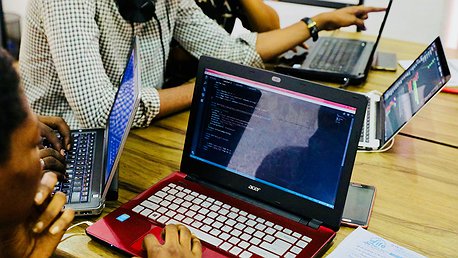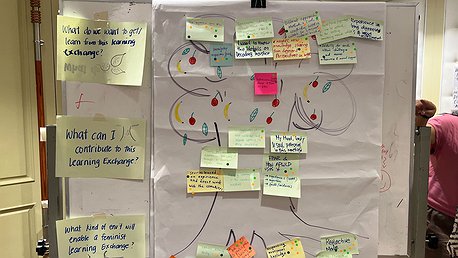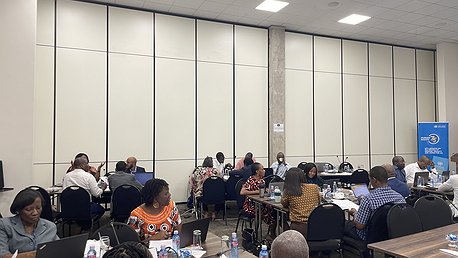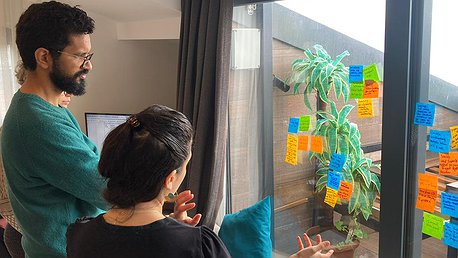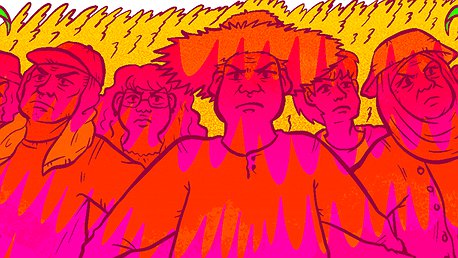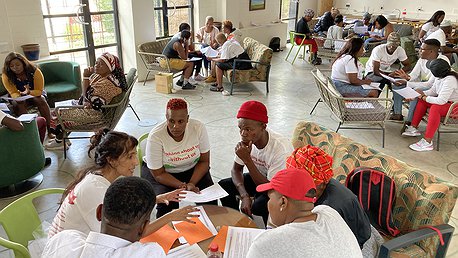Decoding Injustice
Using data to right the wrongs of systemic oppression

All over the world, people are clamoring for change. A common belief animating their efforts? That everyone should have a say in decisions that affect their lives and a right to participate in public life.
To transform our economies to work for all, we must listen to the communities whose lives are most directly affected by the injustices of the status quo. Yet, all too often, their voices are either easily dismissed or deliberately silenced. One of the ways this happens is by privileging technical over lived expertise. In particular, the dominance of economics in policy making has had the effect of circumscribing what is asked, answered, and answerable.
Knowledge and skills to engage critically with economic policy debates shouldn’t be the exclusive domain of economists, lawyers, social scientists, and other technical experts. Research methodologies can, and should, be repurposed into tools that civil society groups and communities can use to unpack how their own circumstances are impacted by the way the economy functions on a systemic level and come up with ways to take action on issues directly affecting them. This, in turn, builds collective power by revealing the interconnectedness of our shared struggles.
Decoding Injustice is a powerful way activists, campaigners, and communities around the world are using research to advance economic, environmental, and social justice. It sheds new light on how economic policies harm people’s human rights. It supports them to demand those in power live up to their promises, and right the wrongs of historic, systemic oppression. It does this by organizing innovative methods for collecting, analyzing and presenting evidence around three steps:
Steps
-
Interrogate
Map the problem in depth using “OPERA” to identify indicators and benchmarks
-
Iluminate
Spotlight the underlying issues by collecting, analyzing & visualizing data
-
Inspire
Take action to build power and hold decision-makers accountable







